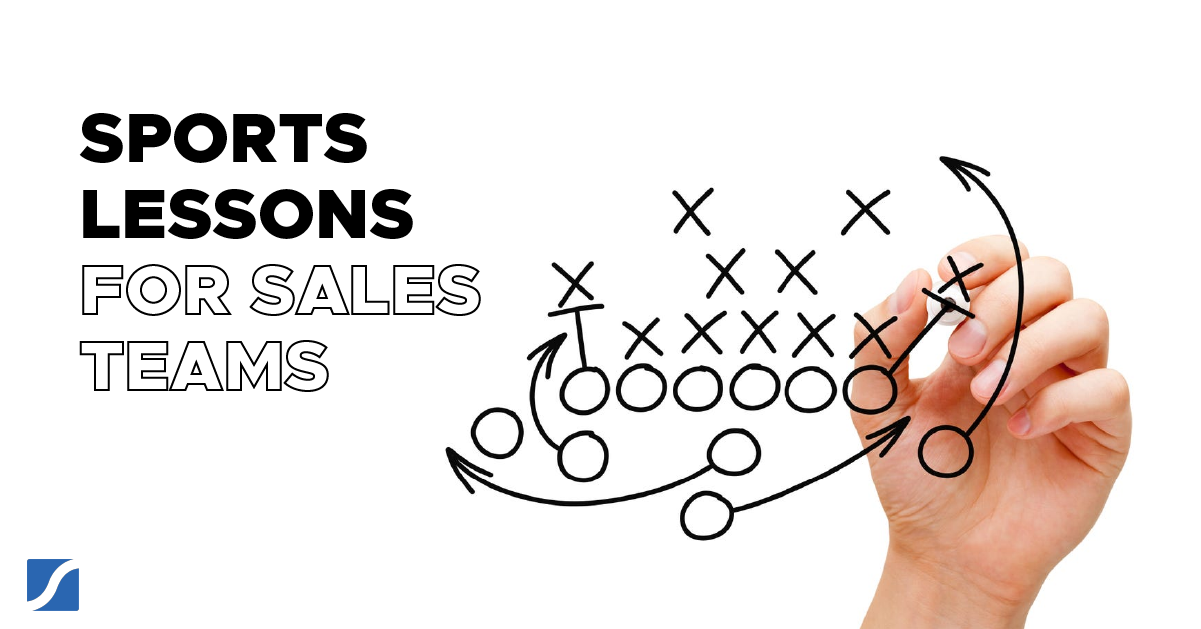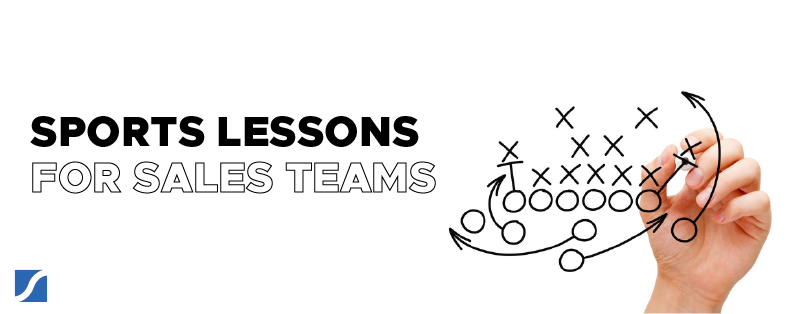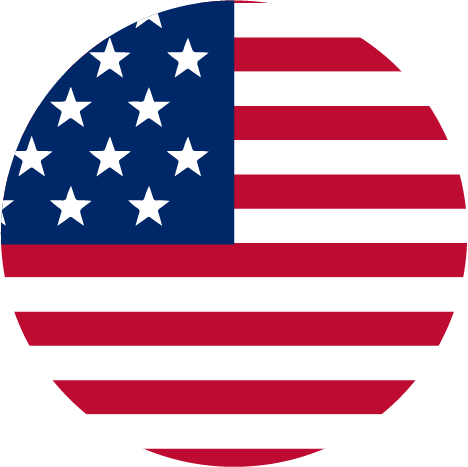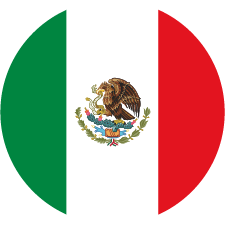3 Lessons from Sports Teams that Every Business Leader Must Adopt


Here’s something that many C-level executives don’t want to hear:
“Sports teams perform better than most businesses!”
You might think that’s a ridiculous statement to make, but I beg to differ. Quite frankly, if most businesses learned how to run themselves the way sports teams do, I guarantee they would achieve more sales and faster growth with lower costs and operating expenses.
How do I know this?
Throughout my career as a leading sales speaker and trainer, I’ve drawn upon over 30 years of my own sales and executive experience to teach people how they can become a sales superstar. My work has helped me turn six companies into fast-growing and profitable national firms, two of which I subsequently sold to the Wall Street firms of Solomon Brothers and First Boston.
What’s my secret sauce? I train every business and their sales team to operate the way sports teams do. And in this article, I'll show you how to grow your sales by turning to sports teams for inspiration.
Ready to Play Ball in Business?
"Sports teams perform better than most businesses!"
Here's me at a previous Scaling Up summit breaking this mantra down.
What are sports teams doing right that most businesses are not?
Let’s take a look at a typical American football team. It is usually made up of 45 players, with 11 players on the field at any one time. Now, do you think that the team would win if each player followed their own strategy?
Of course not. It would be a mess.
The football team also knows that when one person on the team scores, everybody on the team wins that point. It’s not about fighting each other to get the most points as an individual player. It’s about how you can work with each other to get the highest number of points for the team as a collective. And that’s how you beat your competition.
But most businesses don’t operate this way. There can be dozens or hundreds of salespeople in an organization, and each salesperson will usually want to follow their own style. You’ll also find that often salespeople are competing with each other to win incentives dished out to the person who rakes in the most sales.
This isn’t the most efficient way to create a successful sales team. Let me share a story with you that illustrates why.
What I Learned From Transforming 2,600 Salespeople Into a Superstar Sales Team
I was once called in by a headhunter to help turn around an underperforming company.
This company had over 100 offices across the United States and 2,600 salespeople. When I walked into that company, I found that their salespeople were not aligned. There was no sales playbook or a common sales strategy.
Each person was out on their own.
So my first message to them was, “There are not 2,600 best ways to sell this product”.
I then looked for who their top players were. And you know what, in every company, you will find this pattern. There will always be that handful of people who deliver the best results year after year, and it’s not a coincidence.
These top performers face the same economy and competitors as other salespeople in the company. They sell the same product at the same price. So, what makes them stand out year after year? That’s what I always try to find out when I’m asked to help a company boost its sales.
So, after I identified this company's top-performing salespeople, I studied their sales strategy. After that, I let go of 25% of the sales team who delivered less than 3% of sales for the company. I then trained the remaining salespeople to follow the same sales strategy of the top players.
Instead of having just a few people achieving great sales, I now had the entire sales team performing at their very best. The result? After just one year, the company’s revenue doubled.
You can do the same. It's possible to turn your sales force into a superstar sales team and achieve hyper sales growth.
The formula is quite simple, and it starts with these three key components.
The 3 "P"s Sports Teams Have that Every Business Must Embrace
#1 The Professional Coach
The first “P” that your sales team needs is a Pro Coach.
This “Pro Coach” position can go by many names: Director of Sales, EVP of Sales, Managing Director of Sales, and so on. For simplicity here, I’m just going to use the term Sales Manager.
Now, it’s important you do NOT assign your sales manager to also do sales or to try and grow sales. This is one of the three sins that will destroy your company’s sales and growth.
Let’s put it this way. Do you see the coach of a sports team out on the field trying to score points AND coach the other players at the same time? No, and for good reason. The coach’s job is to make every player the best they can be.
The same applies to your sales manager. It is not the sales manager’s job to grow sales. His or her full-time job is to grow your sales force in quantity and quality by recruiting, training, coaching, building, and developing salespeople.
#2 The Practice
The second “P” is practice. As you know, sports teams practice all the time. And when they practice, they practice as if they were playing in a real match.
Take a look at the Patriots. From an athlete and skill perspective, I don't think their group of players would make the top five in the NFL, but they’ve got Bill Belicheck as their coach. 
Anyone who joins the Patriots will find themselves working and practicing harder than ever before, because Bill makes them practice as if it’s the real game. He trains the team to follow the same systems and processes every single time. That’s why the Patriots are often in and regularly win Super Bowls. They hold the current highest record of reaching nine Super Bowls and winning six.
Unfortunately, the overwhelming majority of salespeople in the world do not practice. Well, they practice but they are practicing on your prospects. So, it’s very important that your sales team schedule time to practice their sales strategies or it will not get done.
This brings us to the third and final “P”.
#3 The Playbook
After I wrote Hyper Sales Growth, I had a lot of people call me saying they wanted to grow their companies just as how I had described in my book. I would tell them to send me their sales playbook so that I can look at how to optimize it and build it to the next level.
And guess what? For every 100 companies that contacted me, only two companies would have a sales playbook. That’s shocking.
Can you imagine if sports teams were to play without a playbook?
If nobody on the playing field was following the same strategy do you think they could win a game that way?
Well, it’s the same way for business! If you want to beat your competition, you need to have a sales playbook, no matter how many sales “superstars” you have on your team who want to do things their own way.
Great sport coaches know this. Take Nick Saban for example. He has been the head football coach at the University of Alabama since 2007.
When a new player joins the Alabama Crimson Tide team, the first thing Coach Saban does is give him the playbook and tells him to study it and practice it.
Can you imagine if the player says, “Nah coach, I’ve been playing football since I was a peewee. I got my own style, I don’t need this playbook”.
If someone had said that to Coach Saban, I can guarantee you that guy wouldn’t make it on the team. He knows that in order to win, everyone needs to follow the same playbook. And because he and the other coaches continually optimize their playbook, he has led the Alabama Crimson Tide team to win five national championships in the past nine seasons.
Optimizing Your Sales Playbook
Once you’ve got the groundwork of your sales playbook, you’ll need to continually optimize it according to market conditions and other factors. This is exactly what the best performing sports teams continually do to remain at the top.
Optimizing your sales playbook does not have to be a guessing game. There are proven systems and processes you can follow to develop a world-class sales playbook for your team, and this is exactly what I teach you to do in my course, the Hyper Sales Growth Master Business Course.
This course is specifically designed to help you grow your salespeople in both quantity and quality. You’ll discover exactly what you need to enhance the culture of your sales team and grow your sales greater than you could ever predict.
If you’re ready to start playing in the big leagues, check out the information below to find out how you can be part of the next intake.



